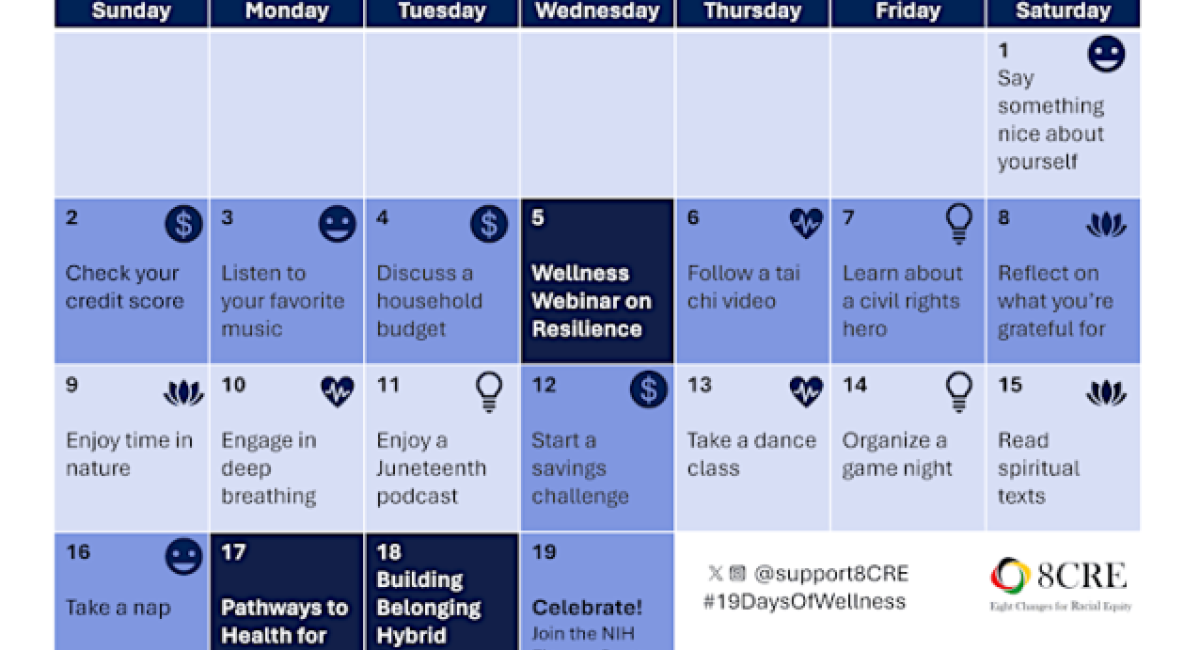Post written by guest blogger Emily Grugan; Postbac IRTA fellow, OITE Summer Program Staff Assistant

Consider Your Roots
Post written by guest blogger Emily Grugan; Postbac IRTA fellow, OITE Summer Program Staff Assistant

Salary Transparency Laws
What are salary transparency laws? Where are they in effect? You may have been seeing headlines about this new legislation and you may have been wondering what this means for you.
In October 2020, Maryland’s Equal Pay for Equal Work Law started requiring employers to provide a wage range for a position upon a job applicant’s request, meaning it often wasn’t stated in the job ad but could be provided. The law prohibits employers from retaliating against applicants based on the request.

Understanding the Impact of Misgendering and Deadnaming
The language we use is powerful and it can directly impact how we make others feel.

Sleep Well, Wake Well
Post written by guest blogger Emily Grugan; Postbac IRTA fellow, OITE Summer Program Staff Assistant

Overcoming Procrastination…Today!
Post written by guest blogger Emily Grugan; Postbac IRTA fellow, OITE Summer Program Staff Assistant

The Resume Black Hole
The resume black hole is real and chances are some of your documents have gone into the ether at one point or another. In reality, your resume got weeded out by resume-filtering bots called applicant tracking systems (ATS).
ATS makes hiring managers' lives much easier. Most job postings receive, on average, 250 applications. Large companies receive about 50,000-75,000 resumes each week. Given that most companies only interview five (give or take) candidates, there is a lot of filtering to be done. According to Top Resume, 75% of resumes are never even seen by human eyes.

Mid-Year Check on Career Resolutions
Sometimes at the start of a new year, we are a bit overambitious with what we hope to achieve in the year ahead. How are your resolutions going so far? The halfway point can be a nice time to reflect on your goals. It might help to make them more manageable by following these simple tips below:
Be Realistic
Overthinking and Underperforming
Sometimes we can find ourselves stuck in unhelpful, thought patterns that lead us to feel overwhelmed. This can impact our mood and ultimately how we show up at work, in our relationships and in other areas of our lives. Overthinking is an unhealthy habit in which the negative, critical, internal running commentary analyzes behaviors or words by others and concludes that the intent was negative.

What Do I Do Once I Get an Offer?
It can be easy to get swept up in the excitement of a job offer and immediately say, “Yes, I’ll accept!” During the interview, you probably already learned a lot about the organization and role; however, it is imperative that you take even more time – once an offer is in hand – to get clarity on job specifics. If you have recently been offered a position, here are some points to consider:





